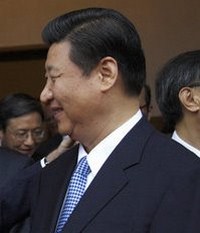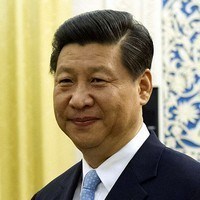The United States has long sustained levels of defense spending that dwarf those of other nations, especially over the past decade. This has allowed the Defense Department and the military services to purchase vast amounts of weapons, vehicles and other gear—as well as services—from private defense firms. But in an era when the U.S. is scaling back its offshore military footprint and struggling to get its fiscal house in order, the amount of money available to sustain the defense industry is in decline. Defense is also subject to approximately half of the current sequestration cuts, which amount to approximately $50 […]
Economics & Business Archive
Free Newsletter

As the United States moves toward the final negotiation of the Trans-Pacific Partnership (TPP) with 11 other Pacific Rim countries, some in Congress are seeking greater input into the planned trade deal. If successfully concluded, the TPP would reduce trade barriers and harmonize regulations among partner nations, and would be the Obama administration’s biggest step yet in the direction of trade liberalization. Secretary of State John Kerry has been actively promoting the TPP, which is not yet finalized, in recent public statements. “We still need to unlock the full potential for growth in the Asia Pacific,” he said last month, […]

The Chinese Communist Party’s Third Plenum culminated last month with the release of a reform-minded document outlining significant changes in 60 key areas of the Chinese economy. In targeting government monopolies in industry, as well as controls on the flow of capital, goods and people, while calling for upgrading the quality of governance, the document successfully identifies many of the major bottlenecks to continued rapid socio-economic development. Coupled with recent events in the political sphere, the agenda represents the emergence of President Xi Jinping as a leader and the benchmarks by which he will be judged between now and the […]

China’s responses to the turmoil in Syria over the past two years have been relatively consistent. From the very beginning, Beijing has maintained a firm position that the only solution to the crisis is a political one and that Syria’s sovereignty must be respected. And along with Russia, China has vetoed three United Nations Security Council draft resolutions on Syria. The reason is simple: Beijing objects to external interventions in sovereign states’ internal affairs. There are obvious reasons for this uncompromising adherence to the principles enshrined in the Westphalian system. While the international community’s call for action to stop the […]
